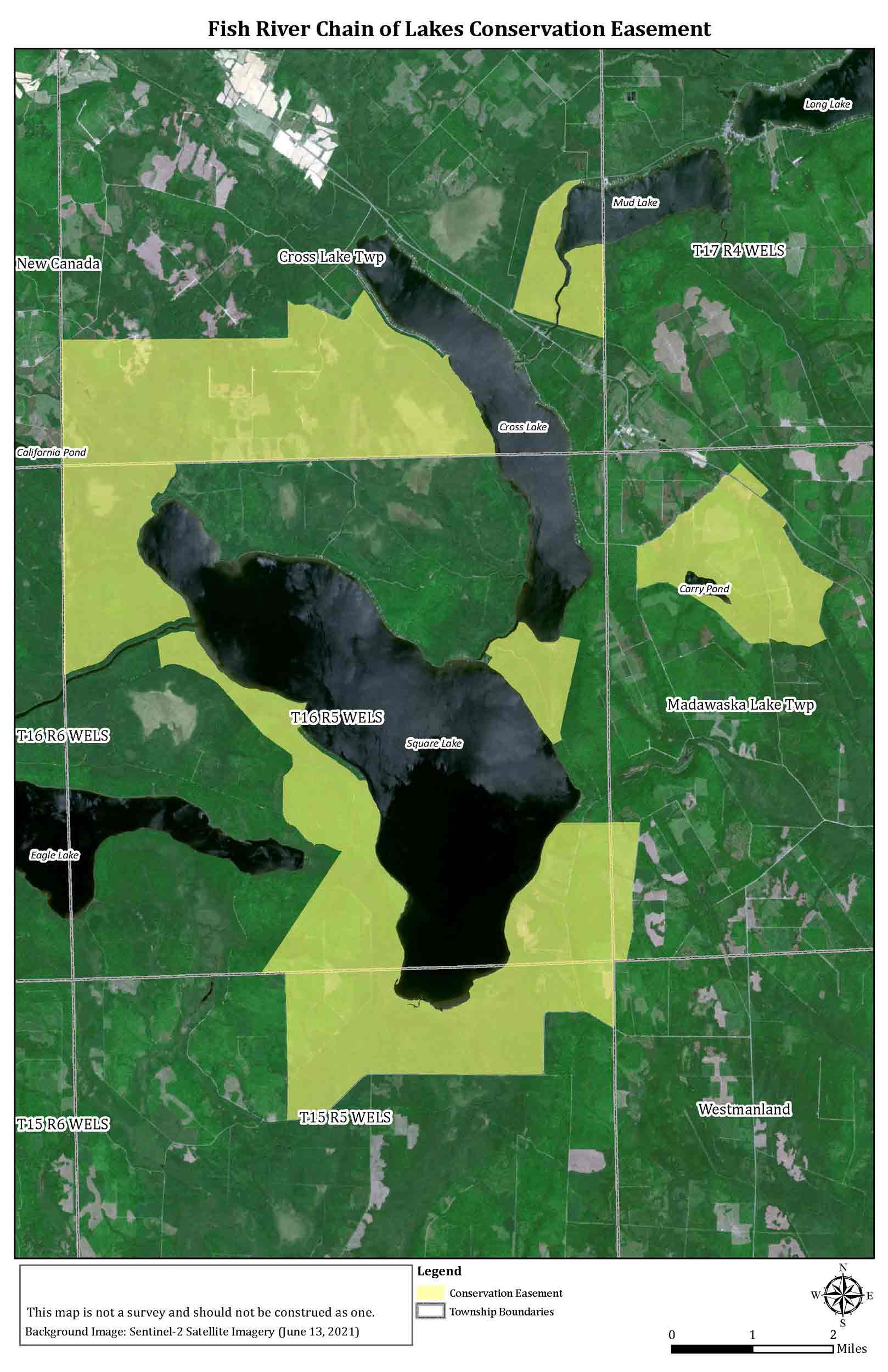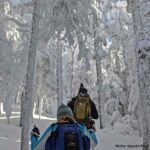 After graduating from the University of Maine School of Law in 1984, I landed a dream job working with one of Maine’s great conservation leaders, Clinton B. “Bill” Townsend, at his law firm in Skowhegan, Maine. I went to law school with the intention of pursuing land use and conservation law but it was Bill who helped show me how to apply what I’d learned. It was hard work since there was little conservation funding and tools like conservation easements were relatively new. At the time, about 5% of Maine was conserved through public ownership– state, federal, or local–and some modest ownerships by conservation entities. Today, nearly 40 years later, about 21% of Maine is in some form of conservation status. A great deal of that increase is the result of the use of conservation easements. They have become a trusted and enduring conservation device and they are the primary tool for the Forest Society of Maine, which now holds or helps monitor one million acres of conservation easements in Maine.
After graduating from the University of Maine School of Law in 1984, I landed a dream job working with one of Maine’s great conservation leaders, Clinton B. “Bill” Townsend, at his law firm in Skowhegan, Maine. I went to law school with the intention of pursuing land use and conservation law but it was Bill who helped show me how to apply what I’d learned. It was hard work since there was little conservation funding and tools like conservation easements were relatively new. At the time, about 5% of Maine was conserved through public ownership– state, federal, or local–and some modest ownerships by conservation entities. Today, nearly 40 years later, about 21% of Maine is in some form of conservation status. A great deal of that increase is the result of the use of conservation easements. They have become a trusted and enduring conservation device and they are the primary tool for the Forest Society of Maine, which now holds or helps monitor one million acres of conservation easements in Maine.
The December 2020 Maine Won’t Wait Report of the Maine Climate Action Council convened by Governor Janet Mills set a goal of bringing the total of conserved lands in the state to 30% by 2030. The report notes that protecting natural and working lands is critical to maximize carbon storage, support working forests, ensure valuable ecosystems remain in place for future generations, and contribute to Maine’s fight against the effects of climate change. In recommending the 30% conservation goal, the report emphasizes that conserving forests through working forest conservation easements is one of the more cost-effective strategies to help reach carbon neutrality. FSM is perfectly positioned to help achieve this important goal. With your continued support, we can make the next decade another one of forest conservation success!
— Karin Tilberg
Originally published in Forest View, Spring 2021





